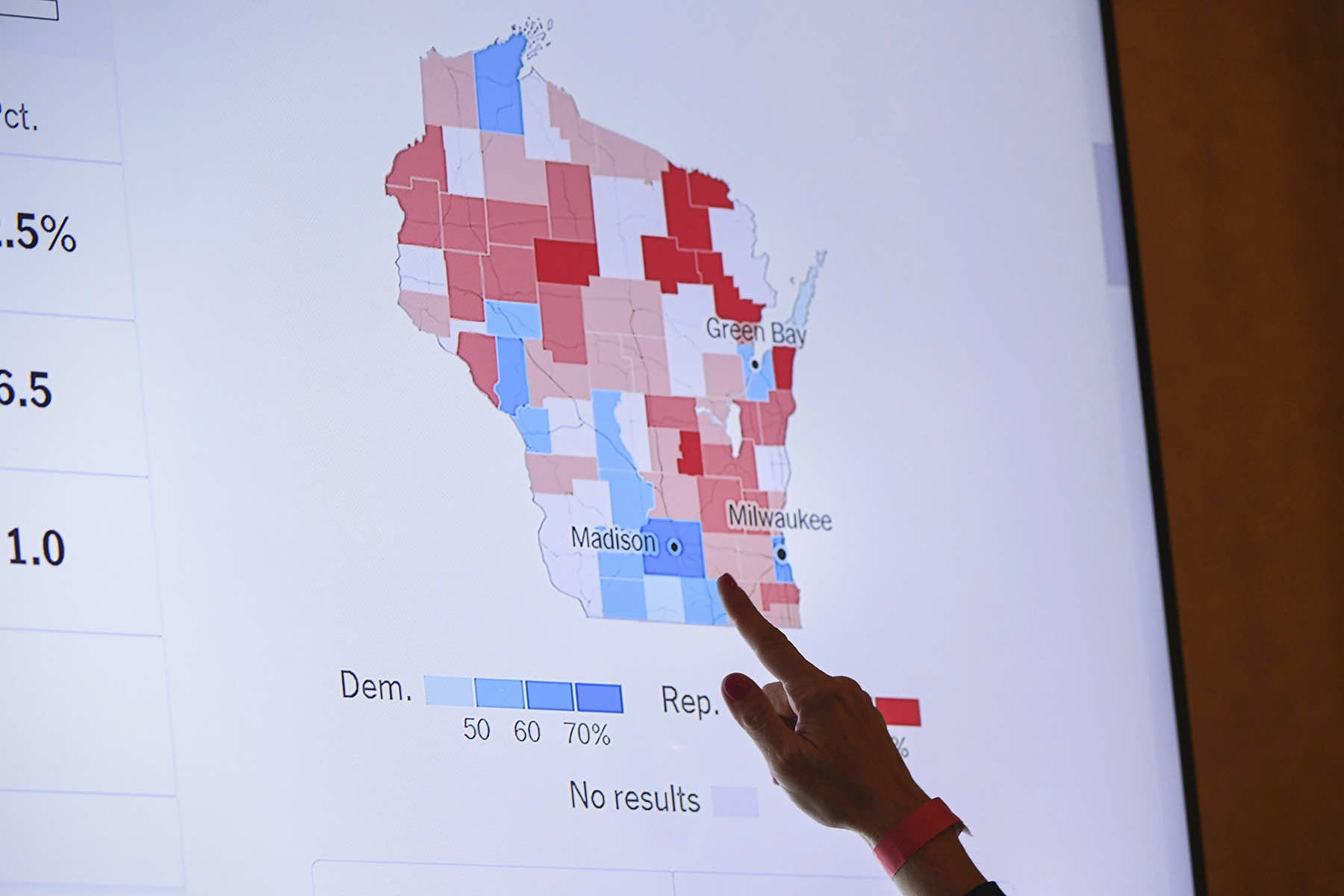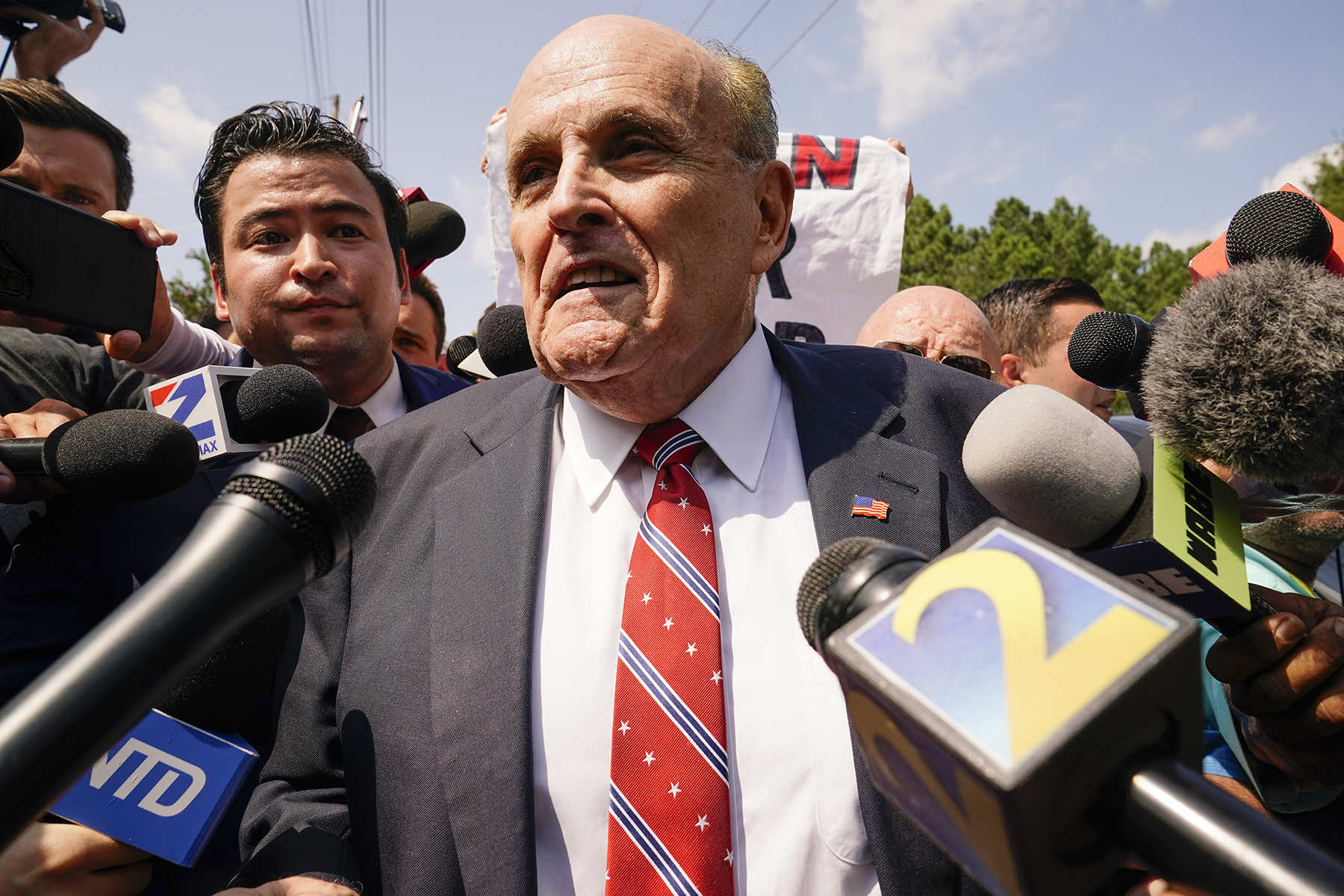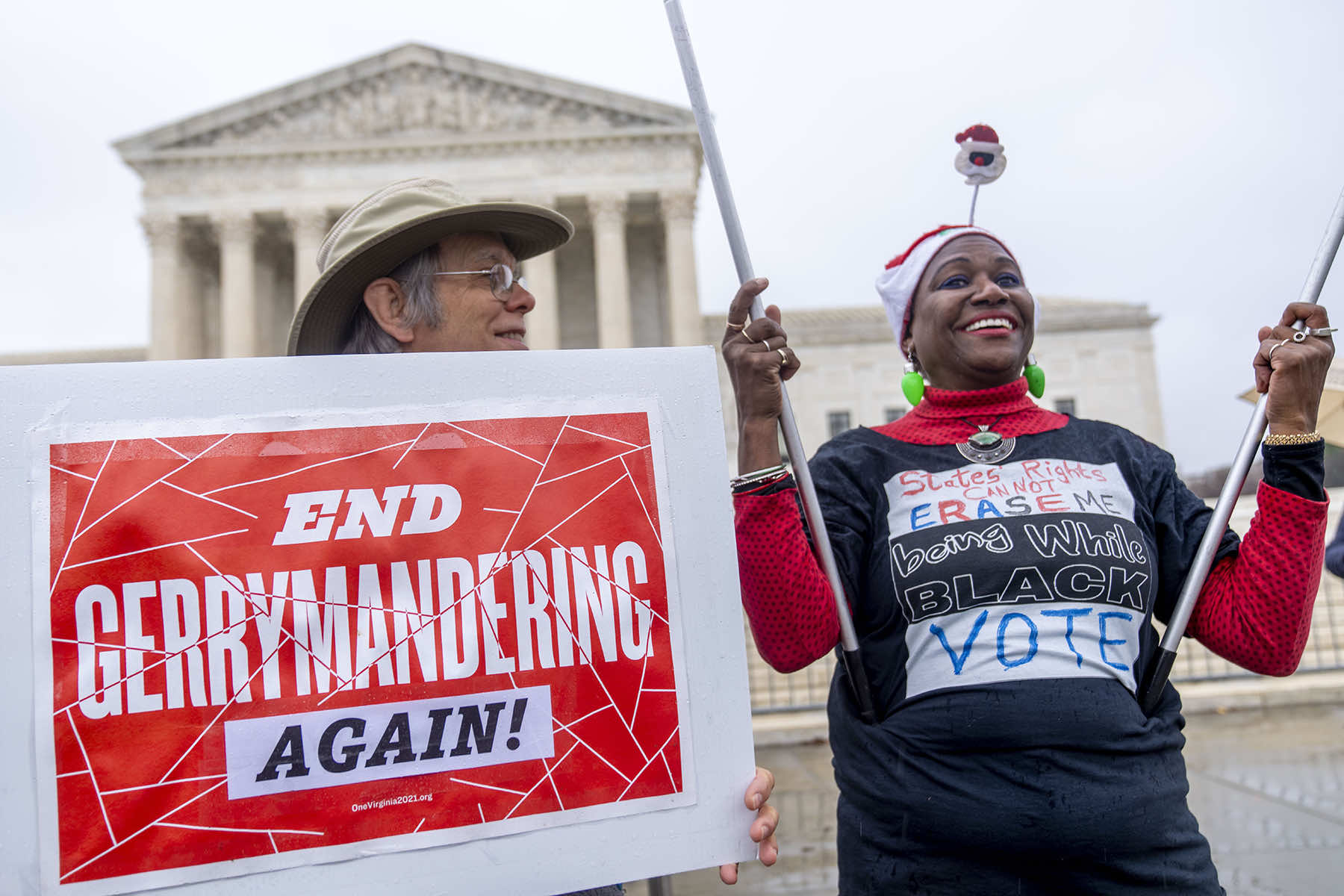
In the early afternoon of August 26, a heavily armed, 21-year-old White Supremacist in a tactical vest and mask, who had written a number of racist manifestos and had swastikas painted on his rifle, murdered three Black Americans at a Dollar General store in Jacksonville, Florida.
He had apparently intended to attack Edward Waters University, a historically Black institution, but students who saw him put on tactical gear warned a security guard, who chased him off and alerted a sheriff’s deputy.
As David Kurtz of Talking Points Memo put it two days later, “America is living through a reign of White Supremacist terror,” and in a speech to the Lawyers’ Committee for Civil Rights Under the Law on August 28, President Joe Biden reminded listeners that “the U.S. intelligence community has determined that domestic terrorism, rooted in White Supremacy, is the greatest terrorist threat we face in the homeland—the greatest threat.”
Biden said he has made it a point to make “clear that America is the most multiracial, most dynamic nation in the history of the world.” He noted that he had nominated the first Black woman, Ketanji Brown Jackson, for the Supreme Court and has put more Black women on the federal circuit courts than every other U.S. president combined. Under him, Congress has protected interracial and same-sex marriages, and his administration has more women than men. He warned that “hate never dies. It just hides.”
But in his Editorial Board newsletter, John Stoehr pointed out that the increasing violence of White Supremacists is not just about an “ideology of hate” rising, but it is “about a minority faction of the country going to war, literal war, with a majority faction.” He pointed to former governor of Alaska Sarah Palin’s recent prediction of civil war because “We’re not going to keep putting up with this … We do need to rise up and take our country back.” Stoehr calls these White Supremacists “Realamericans” who believe they should rule and, if they can’t do so lawfully, believe they are justified in taking the law into their own hands.
Indeed, today’s White Supremacist violence has everything to do with the 1965 Voting Rights Act that protected the right to vote guaranteed by the Fifteenth Amendment to the Constitution, ratified in 1870 after White Supremacists refused to recognize the right of Black Americans to vote and hold office. Minority voting means a government—and a country—that White men do not dominate.
In the 1870s, once the federal government began to prosecute those White men attacking their Black neighbors for exercising their right to vote, White Supremacists immediately began to say that they had no issues with Black voting on grounds of race. Their issue, they said, was that Black men were poor, and they were voting for lawmakers—some Black but primarily White—who supported the construction of roads, schools, hospitals, and so on. While these investments were crucial in the devastated South and would help White Americans as well as Black ones, White Supremacists insisted that such government action redistributed wealth from White people to Black people and thus was a form of socialism.
It was a short step from this argument to insisting that Black men shouldn’t vote because they were “corrupting” the American system. By 1876, former Confederates had regained control of southern state legislatures, where they rewrote voting laws to exclude Black men and people of color on grounds other than that of race, which the Fifteenth Amendment had made unconstitutional.
By the end of the nineteenth century, White southerners greeted any attempt to protect Black voting as an attempt to destroy true America. Finally, in North Carolina in 1898, Democrats recognized they were losing ground to a biracial fusion ticket of Republicans and Populists who promised economic and political reforms. Before that year’s election, White Democratic leaders ran a viciously racist campaign to fire up their White base. “It is time for the oft quoted shotgun to play a part, and an active one,” one woman wrote, ”in the elections.”
Blocking Fusion voters from the polls and threatening them with guns gave the Democrats a victory, but in Wilmington the biracial city government had not been up for reelection and so remained in power. Vigilantes said they would never again be ruled by Black men and their unscrupulous White allies who intended to “dominate the intelligent and thrifty element in the community.” They destroyed Black businesses and property and killed as many as 300 Black Americans, then portrayed themselves as reluctant victims who had been obliged to remove inefficient and stupid officials before they reduced the city to further chaos.
In 2005, White Supremacists in North Carolina echoed this version of the Wilmington coup, claiming it was a natural reaction to “oppressive radical social policies” and a “carnival of corruption and criminality” by their opponents, who used the votes of ignorant Black men to stay in power.
That echo is no accident. The 1965 Voting Rights Act ended the power of White Supremacists in the Democratic Party once and for all, and they switched to the Republicans. Then-Democratic South Carolina senator Strom Thurmond had launched the longest filibuster in U.S. history to try to stop the 1957 Civil Rights Act; Republican candidate Richard Nixon deliberately courted him and those who thought like him in 1968.
Republicans adopted the same pattern Democrats had used in the late nineteenth century, claiming their concerns were about taxes and government corruption, pushing voter suppression legislation by insisting they cared about “voter fraud,” insisting their opponents were un-American socialists attempting to overthrow a fairly-elected government.
This political side of White Supremacy is all around us. As Democracy Docket put it recently, “Republicans have a math problem, and they know it. Regardless of their candidate, it is nearly certain that more people will vote to reelect Joe Biden than his [Republican] opponent.” After all, Democrats have won the popular vote since 2008. Under these circumstances and unwilling to moderate their platform, “Republicans need to make it harder to vote and easier to cheat.”
Republican-dominated state legislatures are working to make it as hard as possible for minorities and younger Americans to vote, while also pushing the election denier movement to undermine the counting and certification of election results. At the same time, eight Republican-dominated states have left the nonpartisan Electronic Registration Information Center (ERIC), a compact between the states that makes it easier to share voter information to avoid duplicate registration and voting, and three more are considering leaving.
In a special session of the Tennessee legislature, Republican lawmakers blocked the public from holding signs – a judge blocked the rule, kicked the public out of a hearing, and passed new rules that could prohibit Democrats from speaking. House speaker Cameron Sexton silenced young Black Democratic representative Justin Jones for a day and suggested the Republicans might make the rule silencing minority members permanent.
In Wisconsin, where one of the nation’s most extreme gerrymanders gives Republicans dominance in the legislature, Republicans in 2018 stripped Democratic governor-elect Tony Evers of power before they left office, and now right-wing Chief Justice Annette Ziegler has told the liberal majority on the state supreme court that it is staging a “coup” by exercising their new power after voters elected Justice Janet Protasiewicz to the court by a large majority in April. Now the legislature is talking about keeping the majority from getting rid of the gerrymandered maps by impeaching Protasiewicz.
The courts are trying to hold the line against this movement. In Washington DC, U.S. District Court Judge Beryl Howell decided in favor of Black election workers Ruby Freeman and Shaye Moss, who claimed that Trump lawyer Rudy Giuliani defamed them when he claimed they had committed voter fraud. Not only did Howell award the two women court costs and damages, she called out Giuliani and his associates for trying to keep their records hidden.
But as the courts are trying to hold the line, its supporters are targeting the courts themselves, with MAGA Republicans threatening to defund state and federal prosecutors they claim are targeting Republicans, and announcing their intention to gather the power of the Department of Justice into their own hands should they win office in 2024.
After pushing a social studies curriculum that erases Black agency and resistance to White Supremacy, Florida Governor Ron DeSantis on August 28 suggested the Jacksonville shooting was an isolated incident. The Black audience booed.
Kenny Yoo (AP), Brynn Anderson (AP), and Andrew Harnik (AP)
Letters from an Аmerican is a daily email newsletter written by Heather Cox Richardson, about the history behind today’s politics
















